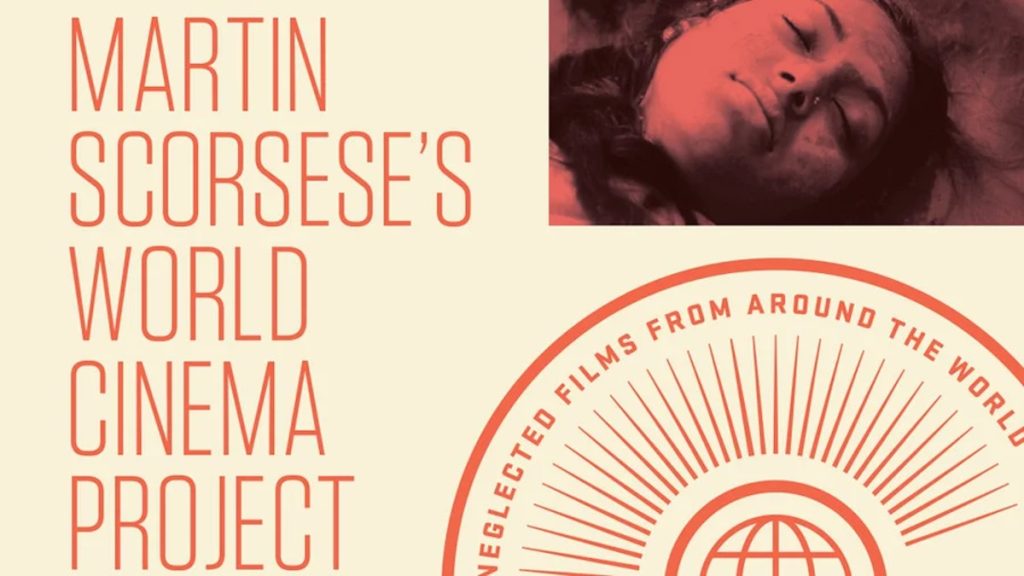In a marketplace dominated by Disney, Pixar and DreamWorks, the animation branch at Sony deserves credit for trying to be different.
For the past week, viewers worldwide have enjoyed The Mitchells vs. the Machines, which Netflix acquired from Sony when the pandemic led to multiple delays of the original release date. It is the 21st film produced by Sony Pictures Animation, a division of the studio that specializes in, well, animation (although they were also involved in the making of five films that are technically live action with animated elements: the Smurfs, Goosebumps and Peter Rabbit movies).
The division has been active for almost fifteen years (their first release was Open Season, back in September 2006), with productions ranging from the Adam Sandler/Genndy Tartakovsky team-up Hotel Transylvania (with a fourth installment coming out this summer) to the shockingly misguided The Emoji Movie. They’re also behind Spider-Man: Into the Spider-Verse, one of only two movies in the last ten years to have won the Oscar for the Best Animated Feature without being the brainchild of either Disney Animation or Pixar.
The aforementioned titles couldn’t be any more different, to the extent that Into the Spider-Verse received a Razzie nomination in the recently invented Razzie Redeemer Award category (where a previous winner shows to have made more respectable choices since), to make up for the multiple wins of The Emoji Movie the year before. Save for specific people attached to multiple projects (Phil Lord and Chris Miller have produced four films for the company), each film or franchise has its own narrative, thematic and visual identity.

That is very much by design, as studio president Kristine Belson explained during a panel at the 2019 Annecy International Animation Film Festival (which I attended): “We don’t have a house style,” she said, “because we know we’re never going to be Pixar, or DreamWorks, or Illumination.” To her, it makes perfect sense to have a slate where Into the Spider-Verse is followed by the second Angry Birds movie, while 2021 is set to feature the studio’s first musical, Vivo, with Lin-Manuel Miranda voicing the main character and writing the songs (like Mitchells, this film will also be a Netflix release).
And while these movies may not all be similar in terms of success or quality, they do showcase a diversity and in-house ambition that is lacking when it comes to the main competitors: one could make a case that Walt Disney Animation Studios and Pixar are virtually indistinguishable between 2006 and 2018, when John Lasseter was in charge of both, with 2012 the most notorious culprit thanks to Brave and Wreck-It-Ralph. Similarly, one can easily tell which films come DreamWorks and which from Illumination, though the difference may be negligible now that both studios are under Universal (and Illumination CEO Chris Meledandri is serving as a consultant on specific DreamWorks projects).
There is a tiny bit more variety over at WAG (Warner Animation Group), although that is primarily due to existing properties (Looney Tunes and Hanna-Barbera), with original WAG projects like Storks and Smallfoot more easily recognizable as coming from the same mold. Conversely, Sony aims at having as varied a portfolio as possible, even going as far as setting up a unit for adult-oriented fare, something the other studios are unlikely to do due to their animated output having a clear visual identity and, as a result, a specific target audience.

Said adult-oriented division was announced at Annecy in 2019, and two of its projects are the brainchild of Tartakovsky, who has been tasked with delivering Sony Pictures Animation’s first R-rated film, the comedy Fixed. It’s the story of a dog and what it believes to be its last night alive, as it’s getting neutered the next day. When explaining the concept two years ago, the director – an unannounced guest at the panel – quipped “It’s very funny and heartwarming, it’s not just about balls.” He’s also working on Black Knight, a ninja-themed action movie.
Sure, we might get an Emoji Movie once in a while, but it’s a reasonable price to pay for what is currently the most interesting and unpredictable animation slate in the U.S., one that can try new things on a regular basis without fear of being weighed down by the expectations that come with the corporate brand. In a market dominated by conformity, Sony Pictures Animation is basically a permanent blank slate. And hopefully, it will remain that way for the foreseeable future.



